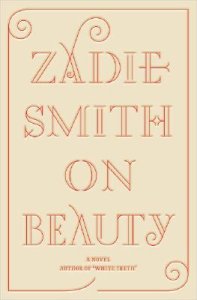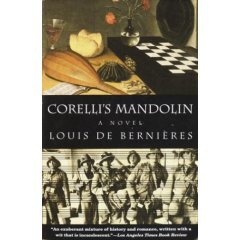 Well, tied for the best, In Search of Lost Time, Emma, and Marcus Aurelius' Meditations, also were off the charts. How can one compare?
Well, tied for the best, In Search of Lost Time, Emma, and Marcus Aurelius' Meditations, also were off the charts. How can one compare?Anyway Harry Mulisch's The Procedure was listed as a choice by the Great Books Foundation and I'd never heard of Mulish and thus it immediately went into my amazon cart. After page 2, I'd decided he was a great writer and I stick to that opinion.
The Procedure tells two tales, one takes palce in the sixteenth century, when an irrational king calls Rabbi Jehudah Löw,and orders him to create a golem by following a procedure outlined in a third-century cabalist text. The second tale takes place now. It's the story of Victor Werker, a Dutch biologist who's created bone fide life from inert clay. Of course Victor can't enjoy his scientific triumph and celebrity. Self-doubt, the loss of his own daughter, a failed marriage and a despicable rival preclude that.
Mulish weaves a wonderful tale, well two wonderful tales, that allow the reader to intelligently contemplate science, life, God and our possible hubris. I cannot recommend this book highly enough. Perfect for book clubs since it raises so many issues and is very well written.
"Sharply imagined, vivid, and often funny." —The Washington Post
"Immensely challenging, eminently readable and astonishingly good. Mulisch is a first-rate writer who grabs your attention … a dazzlingly original highbrow read" —Mail on Sunday
"A deftly created tale [that] tackles nothing less than the mystery of life itself. What gives this novel its fascinating brilliance is Mulisch’s skill as a storyteller" —The Times (London)
"Entertaining, moving and invigorating" —Sunday Times (London)
"Wonderful observations, much humour, highly ambitious … the wild daring of a very exciting mind" —Independent
For an excerpt on the publisher's site.

















